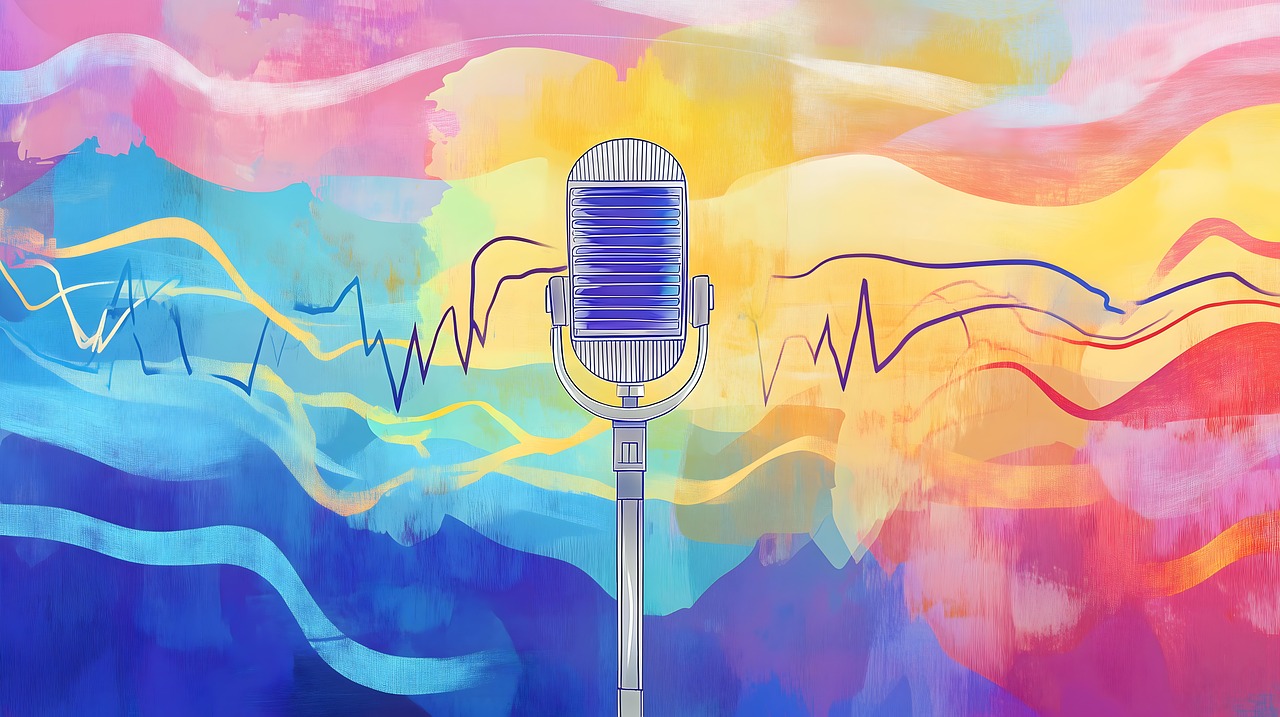Author: Anwen Burk
-

Starting Your Semester Off Right
Our first interactions with students will set the tone for the rest of the semester. This initial engagement, whether in person, synchronously via tools like Teams, or asynchronously through VIULearn, provides the perfect opportunity to achieve several key objectives.
-

GenAI@VIU: In Conversation with Liana Appelt
Liana Appelt is an Instructor and Researcher in VIU’s Faculty of Education. In this episode, Liana tells us about the research she is doing with local secondary school teachers and their experience with using GenAI in their work. We also hear about how the research has impacted Liana’s own teaching practices here at VIU. Day…
-

Digital Literacy: Teaching and Learning Showcase Series 2025
Learn how three VIU faculty integrate Digital Literacy into their work and teaching.
-

GenAI@VIU: In Conversation with Sarah Segal
How have concerns about Academic Integrity at VIU been influenced by the arrival of Gen AI? In this episode we explore some challenges that students and faculty have faced, provide solutions for mitigating the risk and guidance for when it looks like things have gone wrong.
-

Digital Literacy: Community-Based Learning
From a community-based learning perspective, a digitally literate person will work with individuals and communities to support digital projects. This can include placing Indigenous or community knowledge and cultural practices at the centre of projects to produce mutually beneficial outcomes.
-

Digital Literacy: Digital Wellbeing
A digitally literate person will use technology to support their wellbeing and have strategies for managing technology if it negatively impacts their physical, mental, or emotional health. A digitally literate person will have healthy boundaries with digital technologies, use them intentionally and will not use digital technologies in ways that harm others.
-

Digital Literacy: Creation and Curation
A digitally literate person will be able to create or curate accessible digital materials that are specific to different audiences and platforms.
-

Digital Literacy: Digital Scholarship
From a digital scholarship perspective, a digitally literate person will intentionally and purposefully use digital technologies for learning, including developing effective research, critical thinking, problem solving, analysis, and decision-making skills.
-

Digital Literacy: Communication and Collaboration
A digitally literate person will be able to use online tools to communicate and collaborate with others and make valuable contributions in digital spaces. A digitally literate person will intentionally craft their messages based on how they want them to be interpreted.
-

Digital Literacy: Ethical and Legal Considerations
From ethical and legal perspectives, a digitally literate person will understand and abide by principles of privacy protection, inclusion, and accessibility in digital spaces, recognize when these principles are not being upheld, be aware that power inequalities can exist in digital spaces, and contribute to equitable and safer spaces.
-

Digital Literacy: Information Literacy
From an information literacy perspective, a digitally literate person will use critical thinking skills, which includes understanding how online information is produced, prioritized, and presented. A digitally literate person will also recognize that online information can provide different perspectives and ways of knowing and is aware of biases within online content and technology.
-

Digital Literacy: Technology Supports
From a technology supports perspective, a digitally literate person will explore new technologies with curiosity, have troubleshooting skills, and intentionally select appropriate tools for different tasks.